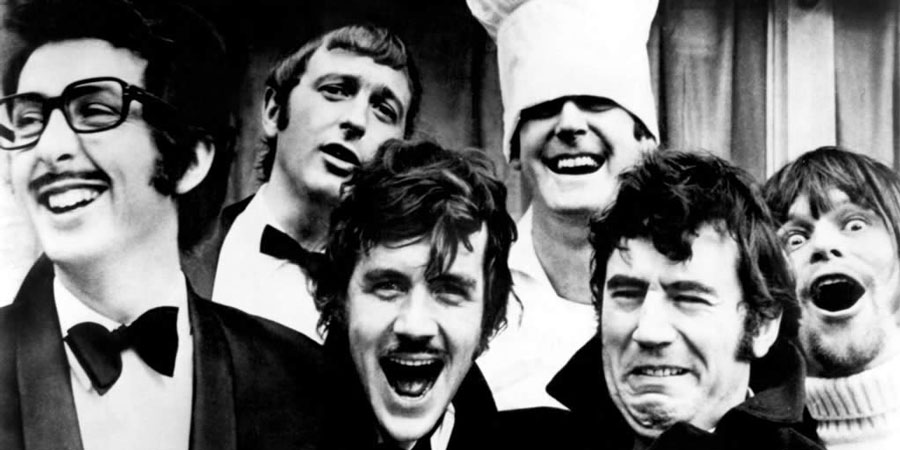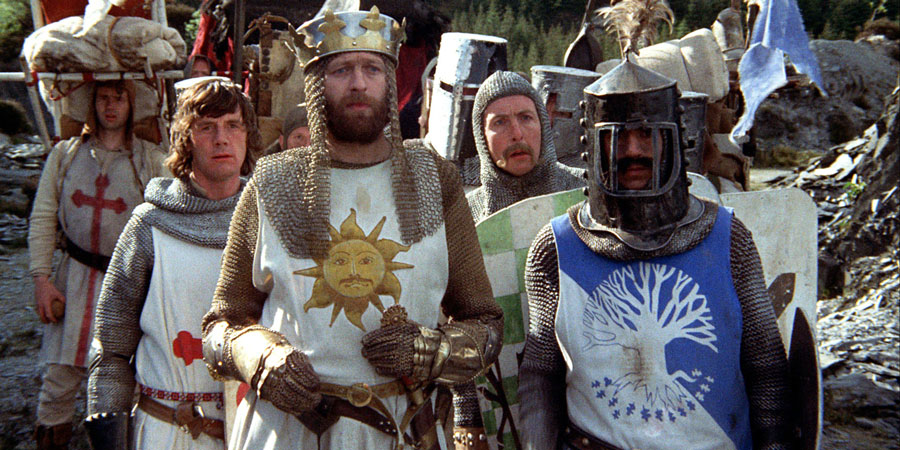50 years since Monty Python's Flying Circus ended

On 5th December it'll have been 50 years since the last episode of Monty Python's Flying Circus was first aired on the BBC, and yet, the show continues to captivate audiences around the world.
Despite the passage of time, the sketch show has not only maintained its appeal but has grown in stature, influencing generations of comedians, writers, and filmmakers. The enduring popularity of Monty Python's show can perhaps be attributed to a combination of its subversive humour, innovative style, and its ability to defy conventional comedic norms.
Since the episodes aired, Monty Python has popped up in all kinds of places. The group even have a slot game linked to them. The Monty Python's Spamalot slot, which is a tribute to their classic 1975 British comedy film Monty Python And The Holy Grail and its killer rabbits and Knights Who Say Ni, gives players a solid laugh even if they don't win as they planned to. Amongst the online gaming websites it can be found on is Casinostugan.com, which has a wide range of games from different niches.

One of the primary reasons Monty Python remains relevant today is its timeless and absurd sense of humour. The show was known for its surreal sketches, satirical take on politics and society, and a complete disregard for traditional comedic structures. In an era when most television shows adhered to strict formulas, Monty Python boldly experimented with new forms of comedy. Sketches could range from quick gags to long-form absurdities, and often, there were no punchlines at all. The humour was often unpredictable, bizarre, and sometimes nonsensical, yet it resonated with audiences because it defied the usual expectations - which is, of course, funny.
The troupe, which consisted of John Cleese, Michael Palin, Eric Idle, Terry Jones, Terry Gilliam, and Graham Chapman, was not only absurd but also satirical. The show parodied everything from the British class system to organised religion, often exposing the absurdity of authority and the conventions of the time. The Python team's irreverent, often subversive humour provided a form of social critique that was ahead of its time. While some of the specific references might have aged, the underlying themes of questioning authority and poking fun at societal norms remain highly relevant. The ability to laugh at the serious and the sacred, to challenge accepted truths with humour, is something that resonates universally and transcends cultural boundaries.
Furthermore, the sheer inventiveness of Monty Python continues to set it apart. The show's experimental approach to comedy, including its use of animation by Terry Gilliam, its penchant for breaking the fourth wall, and its rapid-fire editing, was revolutionary at the time. In an era when television was more static and conventional, Monty Python employed techniques that were fresh and groundbreaking. This innovation not only shaped television comedy but also influenced cinema and the broader landscape of popular culture. Its impact can be seen in the work of contemporary comedians and filmmakers, who often reference or pay homage to Monty Python.
This article contains a promotional link.
